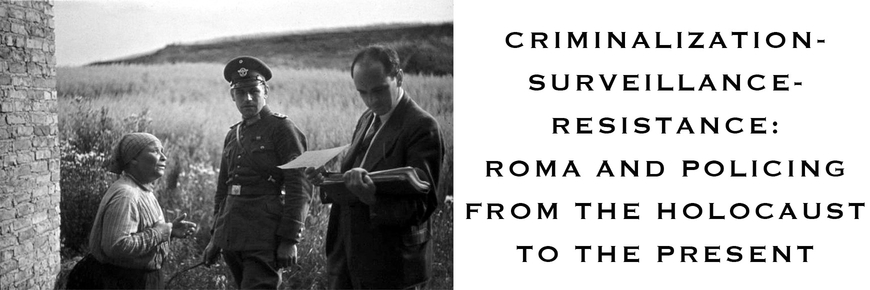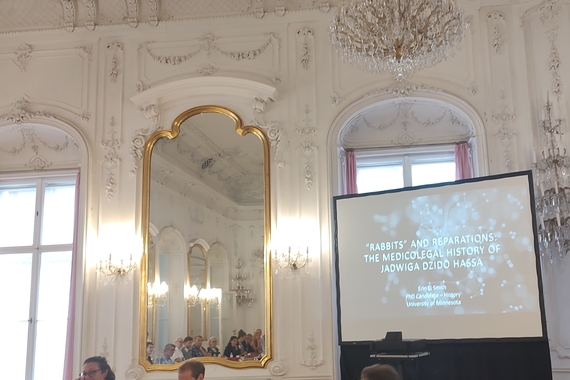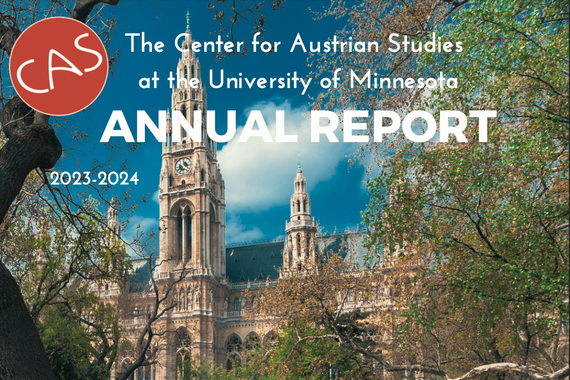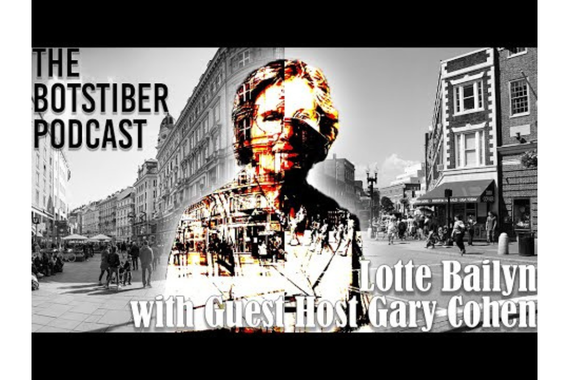Recent Conference: Criminalization-Surveillance-Resistance: Roma and Policing from the Holocaust to the Present
A virtual workshop presented by the Center for Austrian Studies, the Center for Holocaust and Genocide Studies, and the Institute for Global Studies explored the history of race and policing through the experiences of European Roma from the late 19th century through the Holocaust and into the present.
Scholars from across the US, Europe, and beyond will addressed the confluence of the criminalization and racialization of the category of “Gypsy,” the role of the police in the persecution and genocide of Roma in the Holocaust, and the legacies of this history for Romani communities to the present day.
The program opened with a roundtable of scholars and activists who addressed the contemporary stakes of the history of the criminalization and police persecution of Roma in Europe and explore resonances with parallel histories of race and policing in the American context.
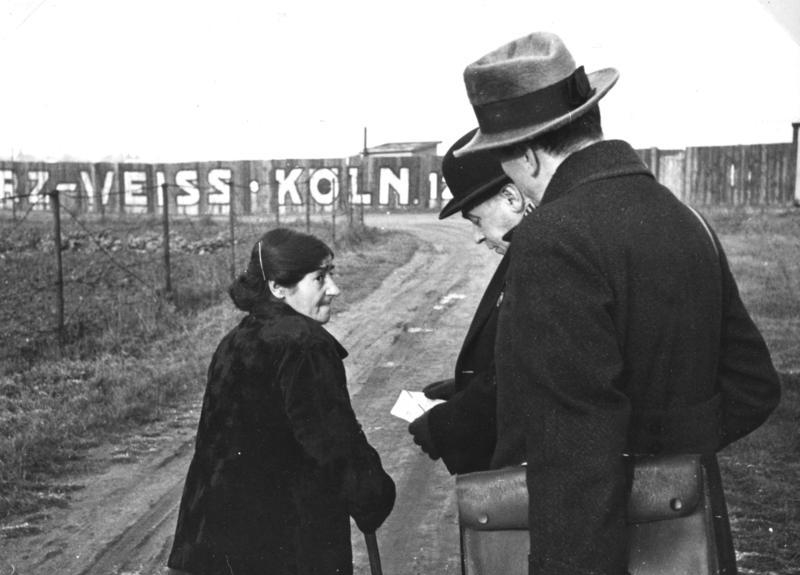
Friday, September 16th Session:
Criminalization-Surveillance-Resistance: A Roundtable Discussion on Roma, Race, and Policing
Moderator: Christopher Robertson, Ph.D. Candidate, Department of Sociology, University of Minnesota
Speakers:
Petra Gelbart, Curator for Music, RomArchive
Nadja Greku, Central European University
Cristiana Grigore, Founding Director, Roma People’s Project, Columbia University
Sunnie Rucker-Chang, Associate Professor, Slavic & East European Languages and Cultures, The Ohio State University
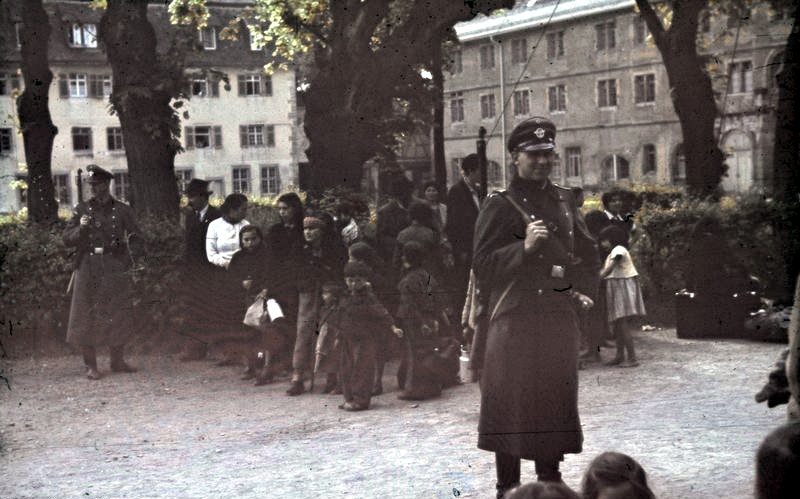
Thursday, September 22 Sessions:
Session I: Constructing the Gypsy Threat: Roma at the Nexus of Race and Criminalization
Moderator: Hilde Hoffmann, Researcher, Institute for Media Studies, Ruhr University Bochum
Speakers:
Ilsen About, Assistant Professor, CNRS, IRIS, EHESS, Paris
- The International Criminal Police Commission (ICPC) and the “Gypsy Question” in Europe, 1924-1940: Theories, practices and consequences
Habiba Hadziavdic, Adjunct Faculty in Modern and Classical Languages, University of St. Thomas
- Persisting Tropes in the Filmic Representations of European Roma
Chelsi West Ohueri, Assistant Professor, Department of Slavic and Eurasian Studies, University of Texas, Austin
- Constructing the Gabel: examining surveillance and criminalization in the production of racialized Romani Identities in Albania
Respondent:
Jennifer Illuzzi, Associate Professor of History, Providence College
Session II:
The Role of the Police in the Persecution of Roma during the Holocaust
Moderator: Justyna Matkowska, Postdoctoral Fellow, Adam Mickiewicz University and Lecturer, University at Albany
Speakers:
Pavel Baloun, Postdoctoral Researcher, Institute of History of the Czech Academy of Sciences
- Czechoslovak “Wandering Gypsies”: A Legislative Term and Its Practice in the Interwar Period
Benjamin Thorne, Associate Professor of History, Wingate University
- "Everyone Knows They Are All Criminals”: Institutional Bias and Police Brutality Against Roma during the Romanian Holocaust
Jan Láníček, Senior Lecturer, School of Humanities & Languages, University of New South Wales
- Ordinary Gendarmes? Czech Police Forces and the Holocaust in the Protectorate of Bohemia and Moravia
Respondent:
Sheer Ganor, Assistant Professor of History, University of Minnesota
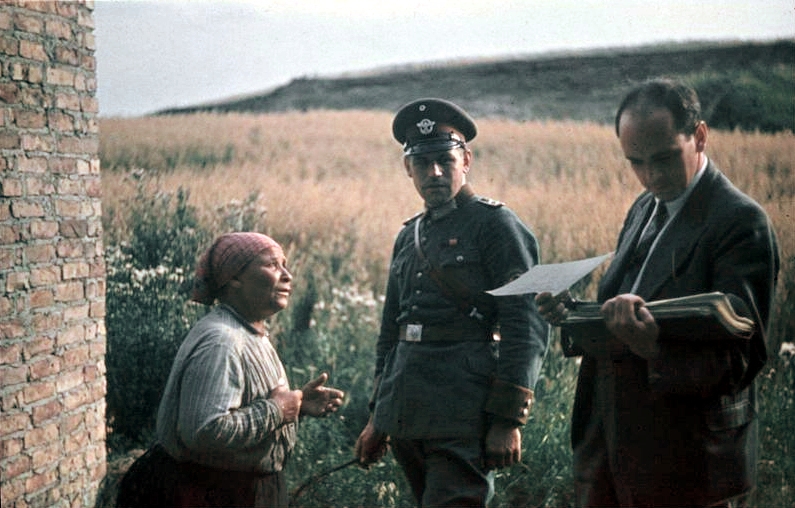
Session III: Legacies of Genocide: Romani Communities in the Aftermath of the Holocaust
Moderator: Dr. Maria Bogdan, Media theorist and social scientist; Lecturer at the Romani Studies Program of Central European University
Speakers:
Margareta Matache, Director, Roma Program, FXB Center for Health and Human Rights, Harvard University
- Practices of Denial and Distortion of the Samudaripen/Porrajmos in Southeastern Europe
Ioanida Costache, Andrew W. Mellon Postdoctoral Fellow in the Humanities, University of Pennsylvania
- Race, Genocide, and Romani Life: Legacies of Persecution
Ana Ivasiuc, Lecturer in the Anthropology of Crime and Security, Department of Anthropology, Maynooth University
- The Racial Policing of the Roma in Contemporary Italy
Anabel Carballo Mesa, Ph.D. Candidate, University of Barcelona
- Romane Zorako: Historic Roma and Sinti Resilience
Respondent: Ari Joskowicz, Associate Professor of Jewish Studies and European Studies, Vanderbilt University
Conference organizing committee:
Krista Hegburg, Alice Lovejoy, Alejandro Baer, Jamele Watkins, Joe Eggers, Klaas van der Sanden, Nikolina Lazetic, and Dylan Mohr.
